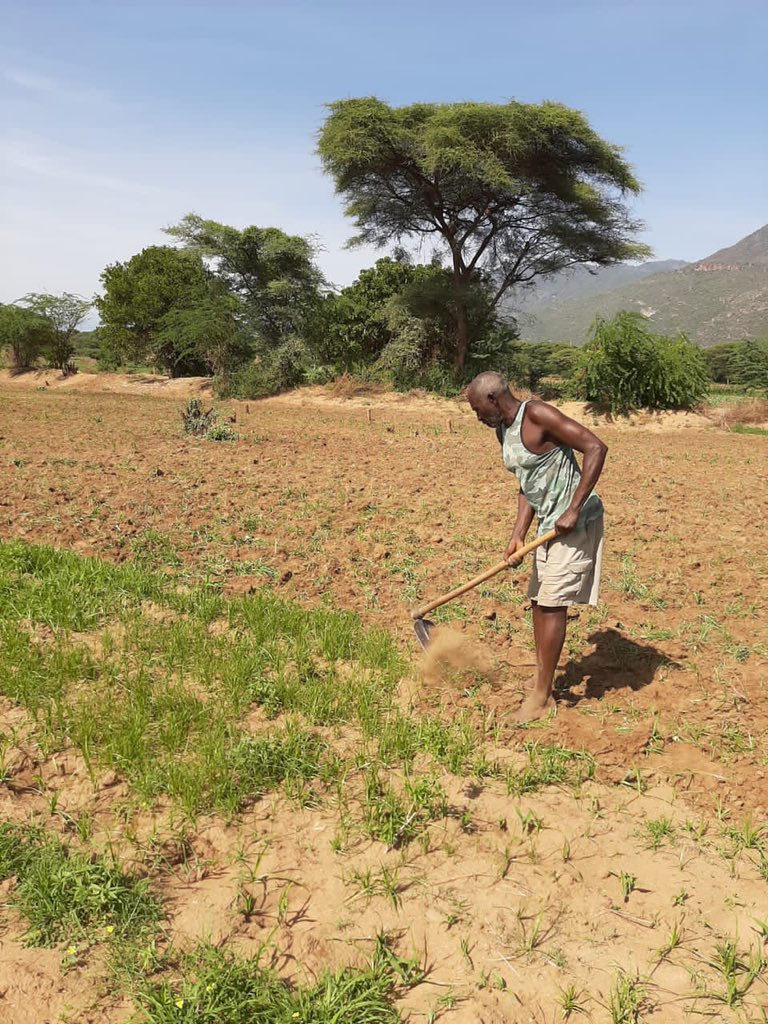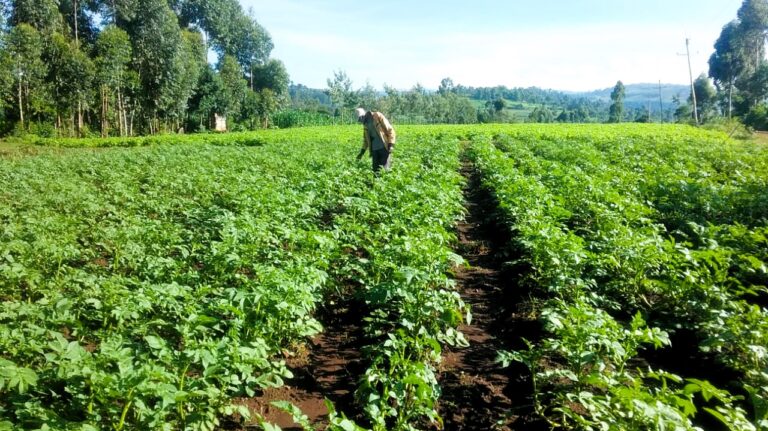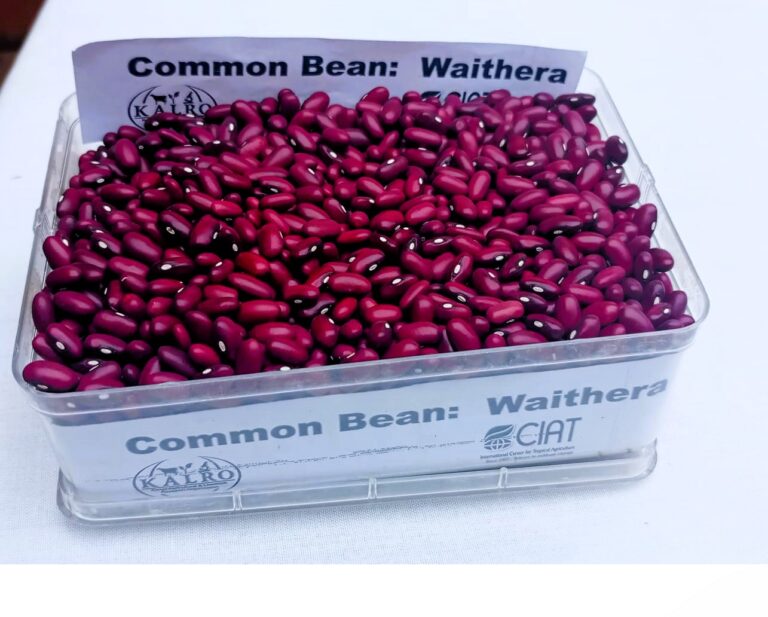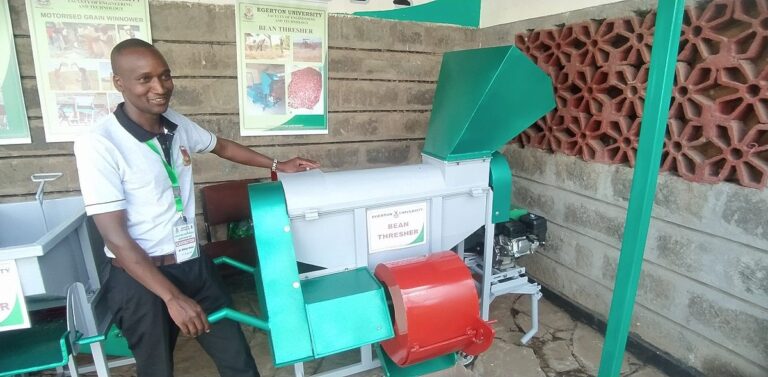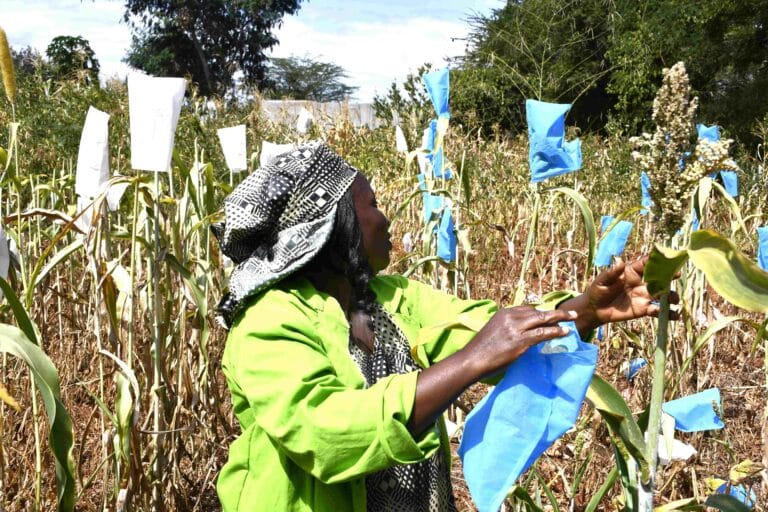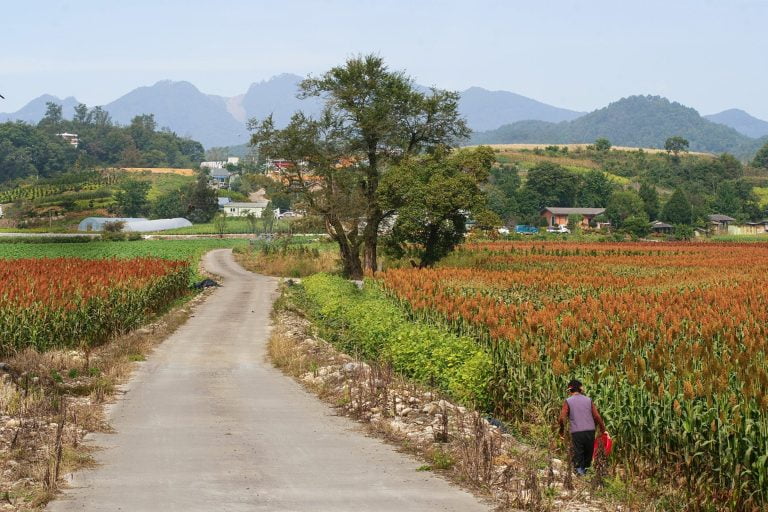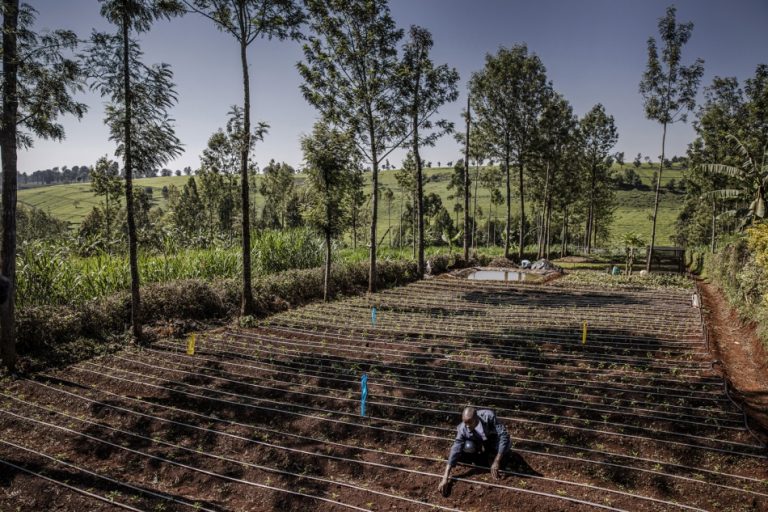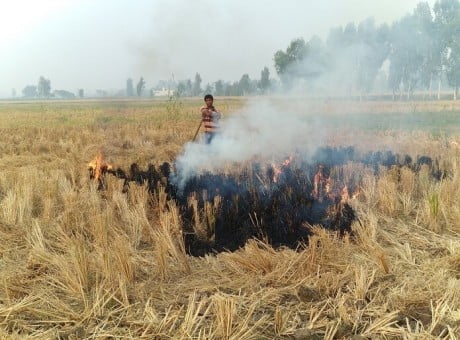Experts have given a green light to Turkana County’s potential for mass production of high-value crops, according to a report prepared by Egerton University. The report recommends both irrigated and rainfed schemes as having the potential for high-value crop production.
The recommended crops include sunflower, groundnuts, iron beans, watermelon, tomatoes, local sorghum varieties, cowpeas, and green grams.
The County Government and Egerton University, together with the Food and Agriculture Organisation (FAO), jointly conducted a two-year piloting program that identified the Kangalita, Nanyee, Kotela, Naipa, Nawapeto, Katilu, Juluk, Kapelibok, Nakwamoru, Morulem, Lokubae, Elelea, and Nadoto irrigation schemes as potential schemes with suitable soils.
Ag. Director for Agriculture Victor Lochee, speaking at Lokichoggio, appreciated Egerton University and FAO for facilitating the two-year research and assured of the government’s readiness to implement the findings.
He asked for more support towards the realization of the County’s agenda on food security. He outlined the department’s plans on increasing the acreage under crop production and singled out the Prosopis Juliflora invasion in most irrigation schemes as the greatest challenge that has slowed down production. The solution Lochee said, requires a multi-sectoral approach from the County Government and the private sector in mobilizing adequate resources that can be used to uproot the Prosopis Juliflora plant.
Egerton’s University team lead Professor Paul Kimurto acknowledged and appreciated the opportunity and space given to them by the County Government of Turkana and FAO to carry out research, piloting and cost-benefit analysis. He assured of the institution’s readiness to continue widening research partnerships with all stakeholders in the County, including Turkana University.
Elizabeth Kamau from FAO called for the involvement of youth and women in the lucrative business of groundnut production and underlined the need to upscale crop production in Turkana to the processing level.
Participants unanimously agreed on the need to strengthen extension services in irrigation schemes and build the capacity of farmers in all the approved value chains.


